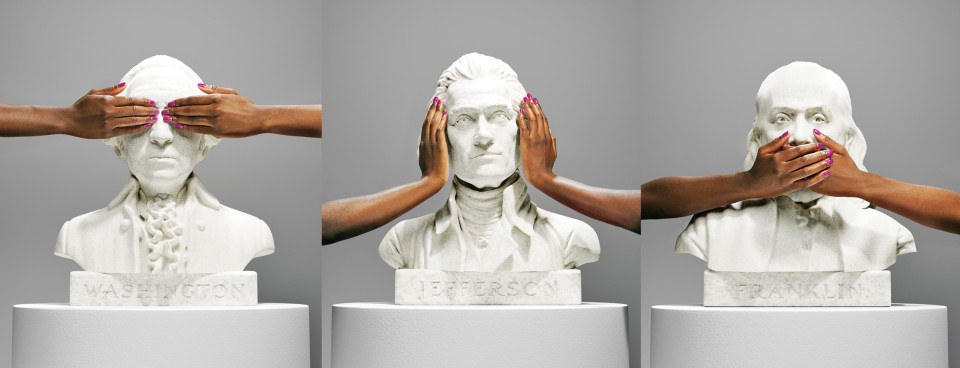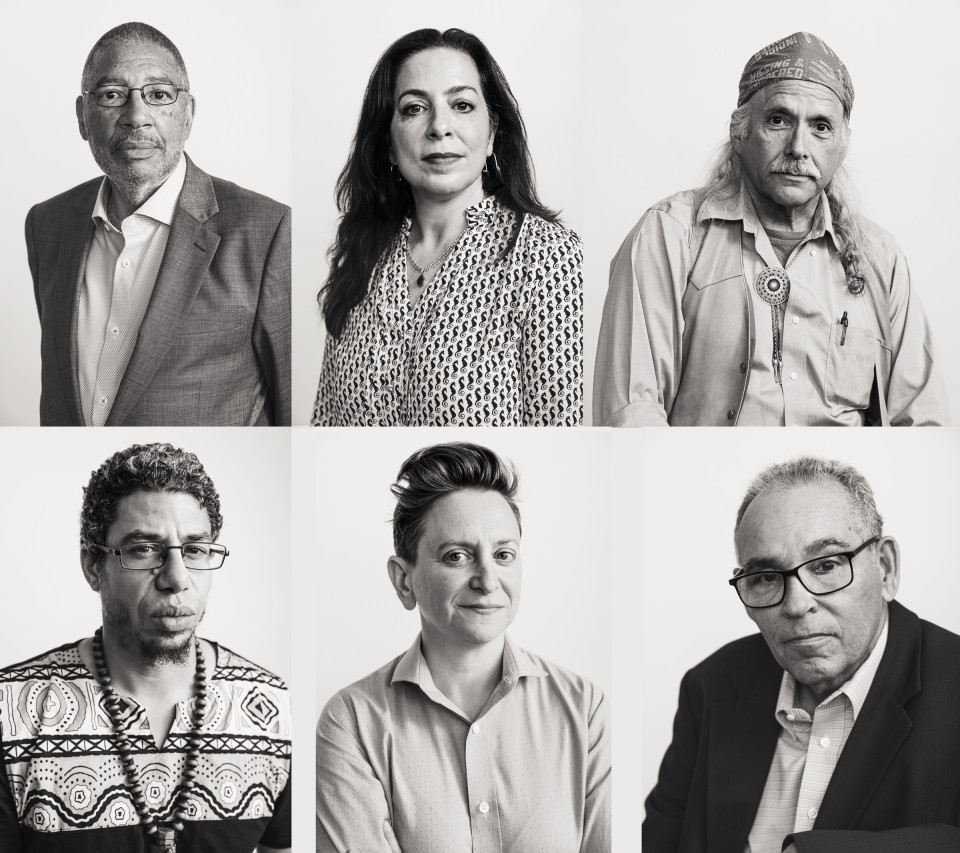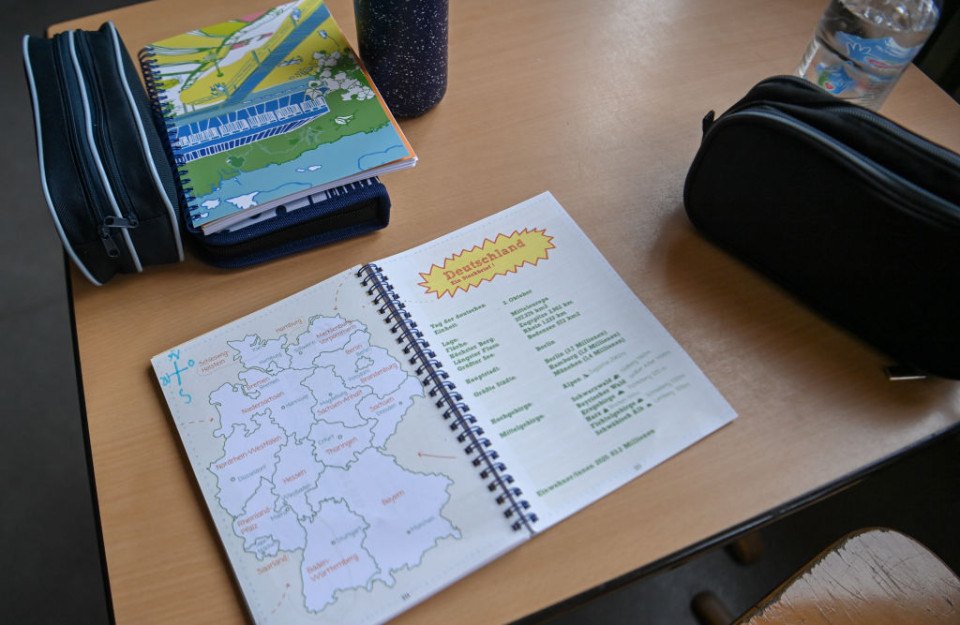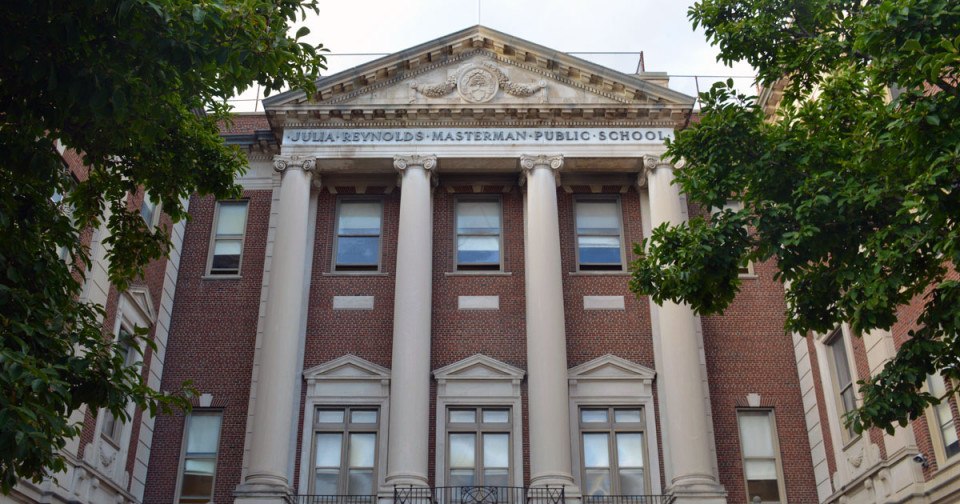See No Evil. hear evil. Teach No Evil?

The question of whether or not we should teach the real warts of our country and all its history founded here in Philadelphia is literally tearing America in half – and some of the most intense debate is happening locally. Solving this existential crisis could be the most important challenge we face as a nation.

Photo-Illustration by André Rucker
We reach out to Philadelphia journalism legend Lynn Washington, Jr. to moderate a discussion about how American history should be taught as the 2020s racial reckoning continues. I asked him if he would, and he immediately answered yes. He followed up with a few articles he wrote recently on the topic.But he also wrote an editorial printed in 1960 Philadelphia Tribune, titled “Teaching Students True History.”This piece referenced a column by Harry Golden Inquirer It says of black 19th-century Mississippi Senator Hiram Rebels, “It presents facts about him not found in the history books used in our public schools.”
The editorial’s conclusion advocating for more comprehensive history education did not underestimate the achievements of people like Senator Rebels.[r]Social prejudices are growing and pervasive due to the lack of truthful information. Washington’s point in sending it to me was, I think, that the battle to teach a more complete history of the United States has been going on for some time.
The debate over how to deal with the ugly history of genocide and racism upon which the nation was born and grew is now raging across America. It is unfolding. Since much of the history under consideration occurred in Philadelphia, and Philadelphia is a city that relies heavily on its history, we wanted to look beyond politics to some fundamental questions about history education. I got
Six local educators convened for a lively and extensive discussion on this year’s education package: how teach history, why we will teach it.and the why, I think, is where things get tense. Is the purpose of teaching history just to convey a set of facts? Is it to train children to think critically, use evidence, and process complex truths? and what nations use to create collective myths and national narratives? If the myth of the sage is used to create a sense of identity, it can certainly be jarring.
University of Pennsylvania Professor Abbie Raisman said at a roundtable supporting our educational package: But she can say: It’s adults and they project it onto their children. I find it far more devastating to know that Washington and Franklin were slave owners when that fact comes to mind after decades of hearing about their lofty achievements. All the more reason to tell our children the truth — not just about the ugly parts of our past, but also about the contributions people of all backgrounds have made and continue to make to this country. You’re shortening the ongoing American story if you: —BHMore
How is history taught in America today?

On a Tuesday in late June, we gathered six prominent local educators at our offices in the Curtis Building, just off the Independence Mall, to ask questions. Lynn Washington, Jr., a longtime journalist and professor of journalism at Temple University, agreed to moderate the discussion. read more …
The battle over how to teach America’s past is a test in itself

Carrera Williams / Photo Credit: Museum of the American Revolution
Carrera Williams, the author and educator behind Black History Maven, explains why “we can’t be shy about talking about the past.” read more …
Camden Educator on Why Students Crave Truth

By teaching the truth, young people can see how we got here and empower them to change the world, says author and educator Ran Miller. read more…
What Germans Taught Me About Their Country and the Holocaust

School desk in Körnische Heide in Neukölln, Berlin
In Germany, children learn about the darkest chapters of county history at an early age. read more …
40 Best Rated Public High Schools in Philadelphia and Suburbs

There are many factors to consider when choosing a school for your child. When it comes to graduation rates, student performance, and other statistical measures, the best performers in the city and suburbs are: read more …
Published as See No Evil. hear evil. Teach No Evil?” September 2022 issue Philadelphia magazine.












